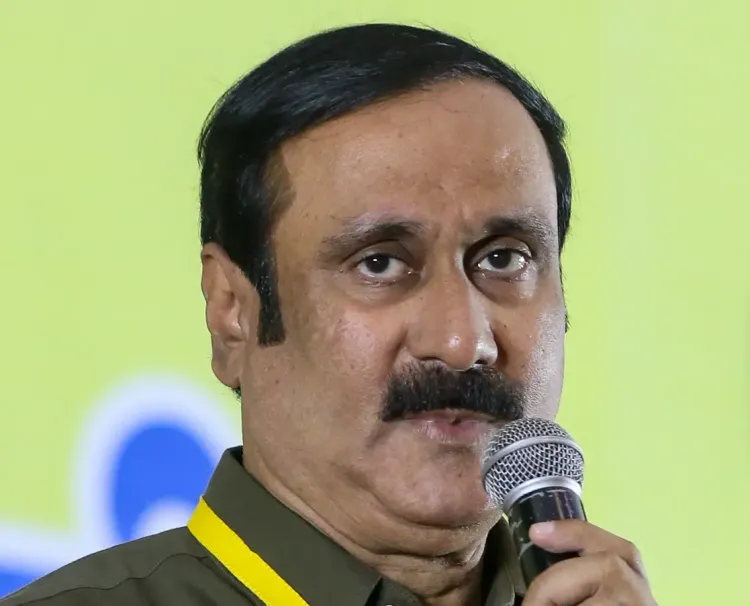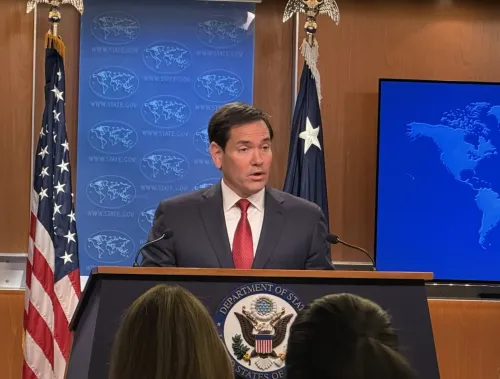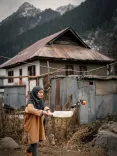Is the DMK Government's ‘Ungaludan Stalin’ Initiative Just a Facade of Corruption?

Synopsis
Key Takeaways
- Pattali Makkal Katchi leader Anbumani Ramadoss criticizes the DMK government.
- The 'Ungaludan Stalin' camps are alleged to be corrupt.
- Only 20% of petitions have received action.
- There are serious claims of bribery in public service processes.
- Calls for a Right to Services Act have been made to enhance accountability.
Chennai, Sep 6 (NationPress) Pattali Makkal Katchi (PMK) leader Anbumani Ramadoss expressed strong criticism on Saturday regarding the DMK government's performance, asserting that it has failed to provide promised public services and is instead flourishing on corruption.
In his statement, he noted that the widely advertised “Ungaludan Stalin” grievance redressal camps - launched throughout Tamil Nadu with the aim of delivering 46 essential services - have devolved into centers of graft.
“The Dravidian model government claims to serve the public, but in reality, it is facilitating corruption,” he charged.
The camps, which were inaugurated on July 15 and are set to continue until November 14, aimed to host 10,000 sessions. To date, around 5,000 have been conducted, garnering nearly 40 lakh petitions.
Of these, more than 22 lakh applications are related to women's rights alone. Yet, Anbumani highlighted that actions have been taken on fewer than 20 percent of the petitions.
“Not a single woman who claimed her rights has actually received them. Overall, this program is a total failure,” he stated.
The PMK leader further accused officials from the revenue and electricity departments of demanding bribes to process requests like land ownership transfers and new power connections. Farmers reported that bribes were being solicited in accordance with the market value of their land.
“Even illegal constructions on water bodies and disputed lands are being granted electricity connections if bribes are paid. This is the most disgraceful aspect of the scheme,” he asserted.
Anbumani Ramadoss contended that the services provided in the Stalin camps are nothing innovative, but rather the routine services that government offices are already required to offer.
If the DMK government had enacted a Right to Services Act - ensuring that all citizen services are delivered within a specific timeframe and made fully available online - there would have been no necessity for such camps or for individuals to pay bribes, he argued.
He accused the DMK of utilizing this initiative purely for publicity while failing to enhance governance.
“Instead of aiding the populace, the camps have merely transformed into corruption camps. The people of Tamil Nadu have recognized this deception, and they will teach the DMK a memorable lesson in the forthcoming elections,” Anbumani declared.










